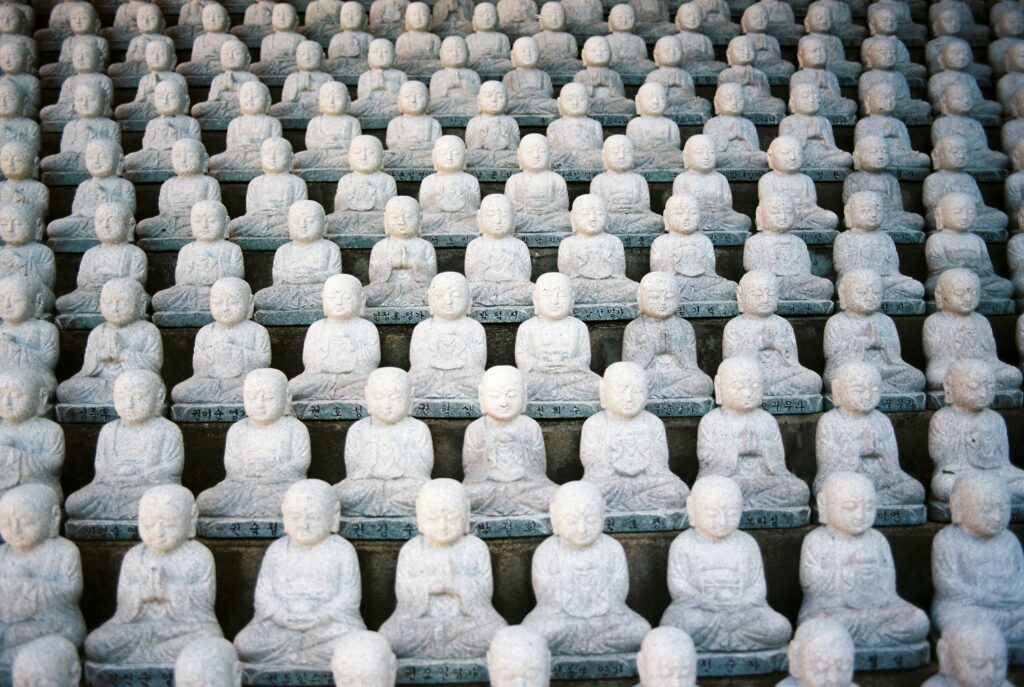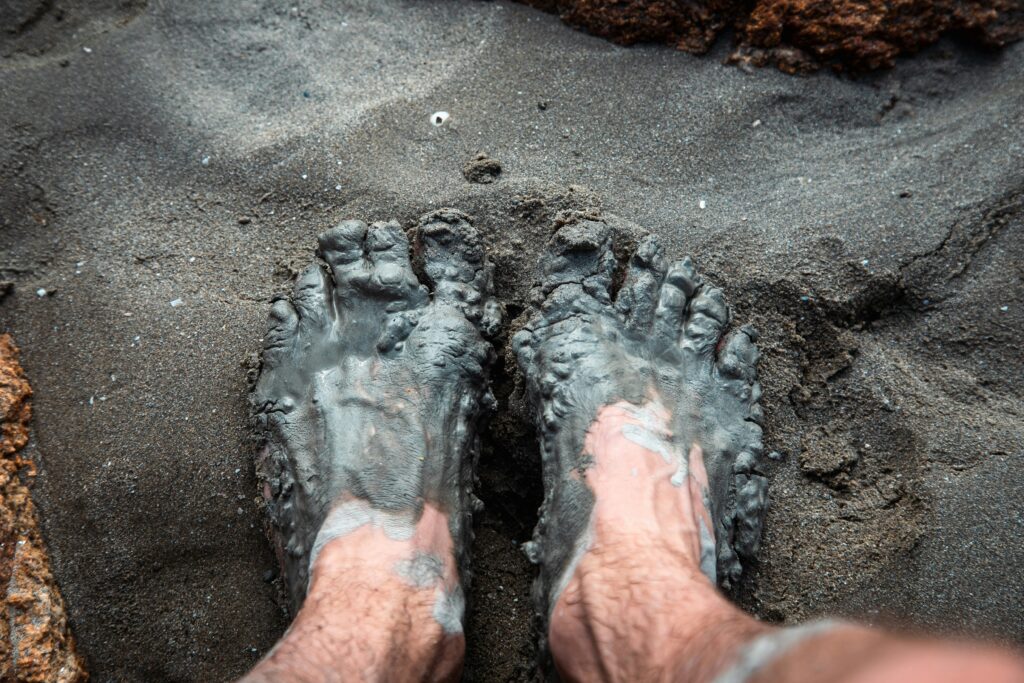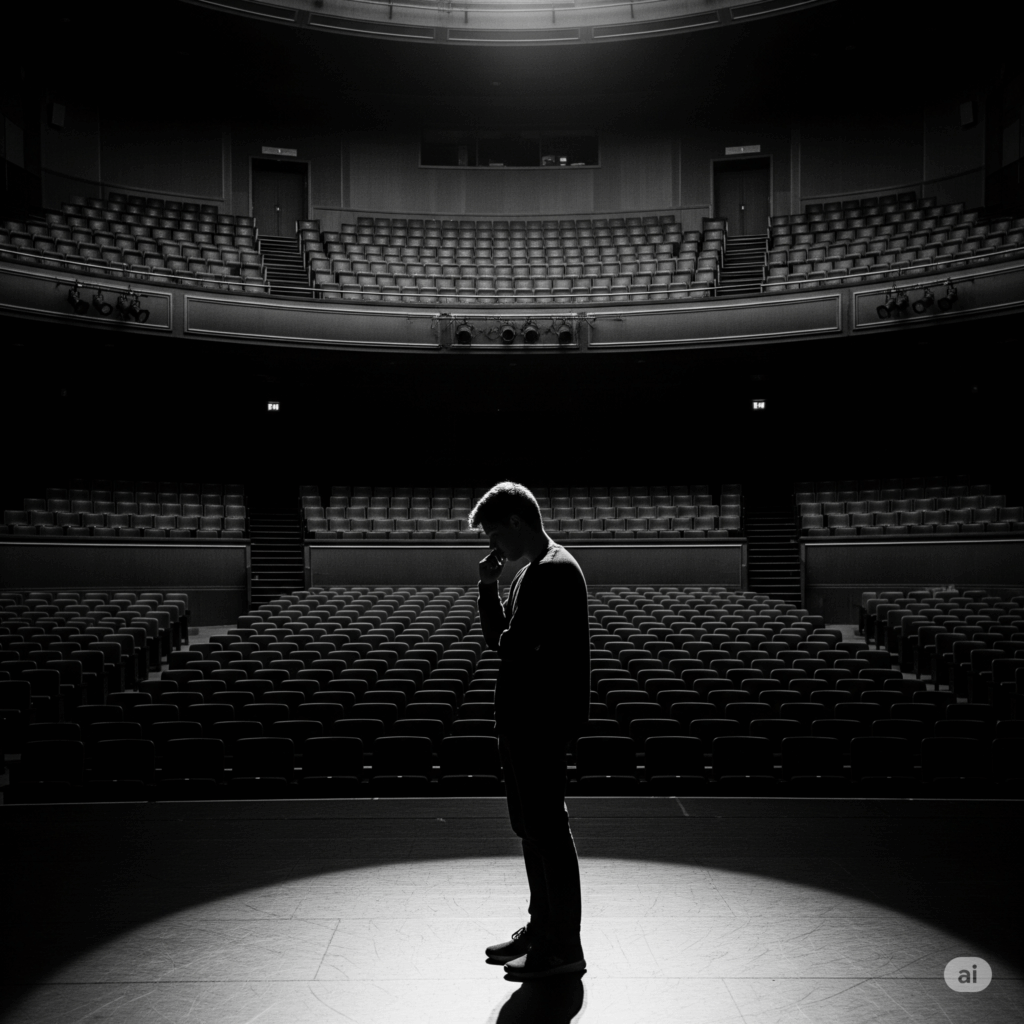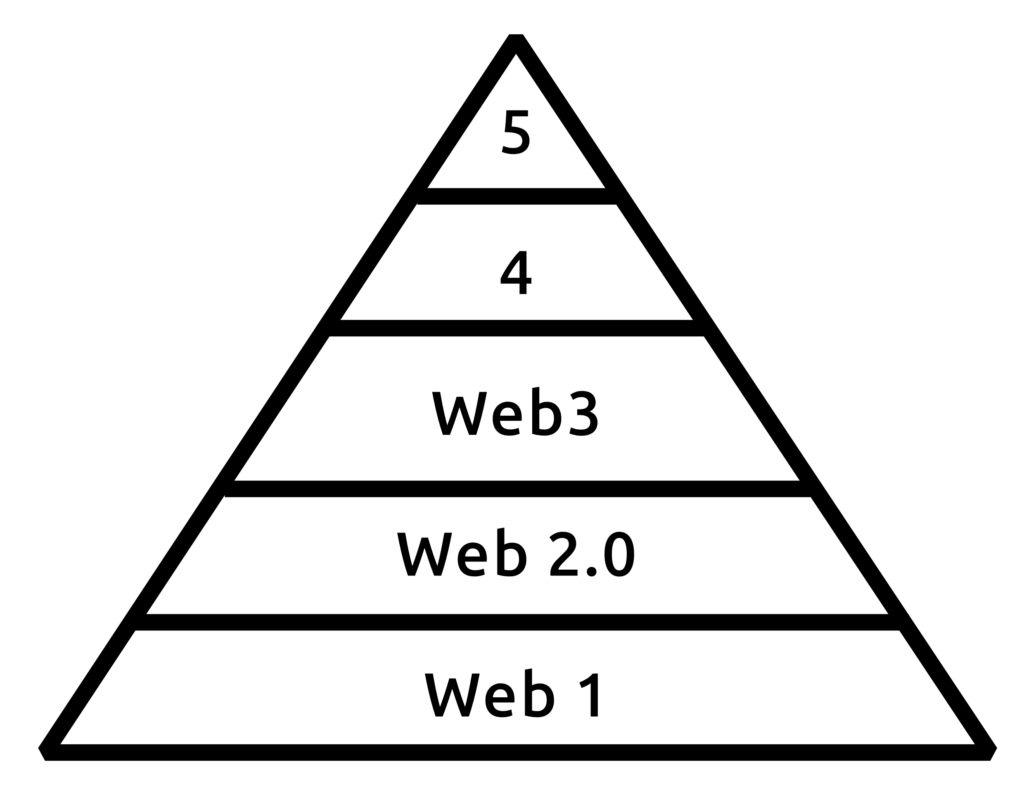
…I’ve kinda given away the ending.
But let’s rewind.
Next up in my ever continuing exploration of Ong and Oral Culture
Conservative or traditionalist
It’s fair to say oral cultures moves slowly. Things were moving at a pretty chill pace until that good old day in 1450 when Gutenberg turned on the press.
Ong says it’s all because of mental load. An oral culture doesn’t have room for new things. It takes a long time for new things to stick. Without the written word to do the repeating, new idea’s must be all word of mount, and repeated at nauseam.
An oral mind relies heavily on patterns and repetition. On sticking with the old things because the new things hurt.
“Oral cultures do not lack originality of their own kind”
When I first read that, I thought maybe his literate bias was showing. I’ve said if before, Ong does a very good job at staying unbiased towards orality in his Orality and Literacy. Maybe it was faltering a bit here.
Ong is also very delicate in his use of words. He didn’t say “oral cultures do not lack originality”, he says, “… originality of their own kind.”
Some technology seems to come out of nowhere. You think… holy smokes where did this come from: ovens, fridges, cars, planes, computers, quantum computers.
Maybe the type of originality of an oral culture is through variations on a theme; slowly changed over time until the invention or “new” thing seems inevitable.
Scissors – take two swords and connect them so they cut up and down at the same time.
The sandwich – We have meat. We have bread. Why aren’t they together?
Where have the new things gone?
And we’re back to the “same same but different”
Music, fashion, movies, are all feeling like a repetitive loop of what’s come before. The Spaceballs 2 teaser I posted previously echos this sentiment.
Do you think cars are all ending up looking the same?
Websites all feeling the same?
Maybe it’s because our collective oral mind. We’re loosing the cognitive load to take something too different.
The million user test
But, look how fast we signed up for ChatGPT or Threads!

Ong points out,
In oral tradition, there will be as many minor variations of a myth as there are repetitions of it, and the number of repetitions can be increased indefinitely
Is ChatGPT really much different than ICQ? Is Netflix so far off from TV? When twitter came out, was it so foreign? You used to send it text messages.
I don’t think it’s that we won’t all flock to the latest “thing”. I just question our future appetite for true novelty. Newer is ok. Newest if fine. New New? I’m feeling doubtful.



